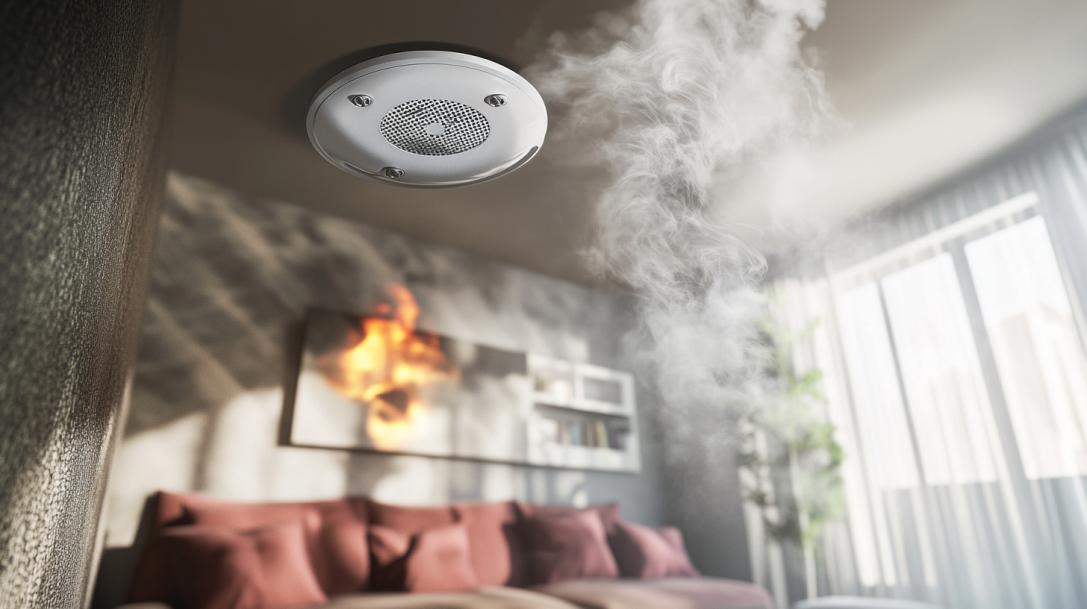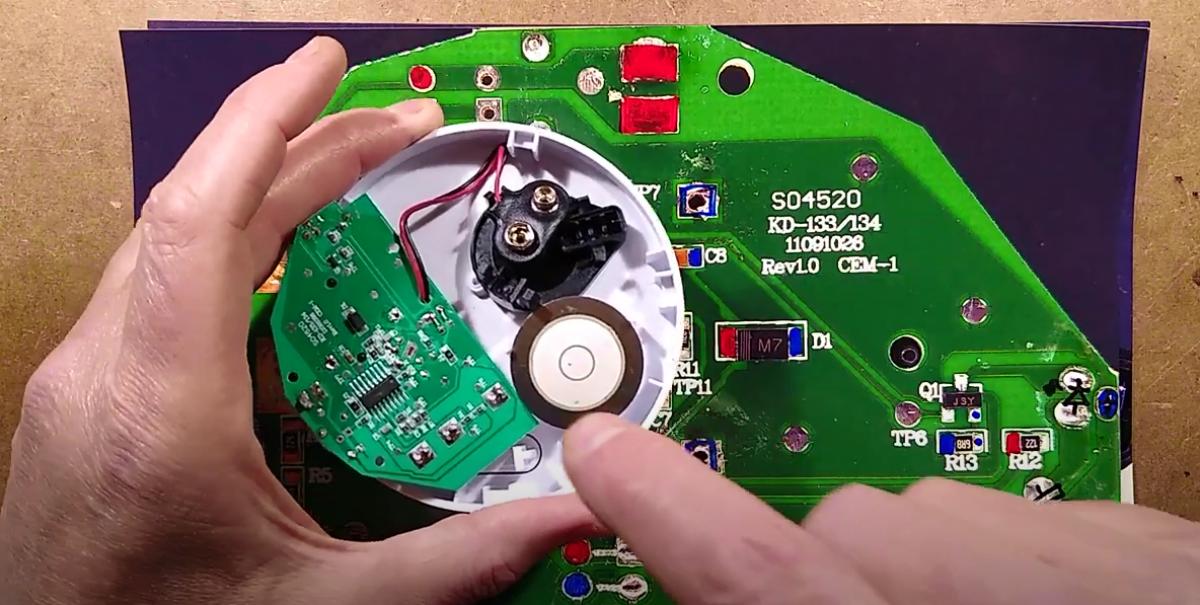How Does a Smoke Alarm Make Sound? Unveiling the Technology Behind It
Smoke alarms, as critical safety devices, are widely used in homes, commercial buildings, and public spaces. Their sharp, piercing alarm sound can save lives at crucial moments. But how exactly does a smoke alarm produce sound? What technology lies behind this process? Let’s uncover the science and technology behind it.

Why Do Smoke Alarms Need to Make Sound?
Sound is one of the most effective ways to alert people in emergencies. The sharp alarm sound quickly grabs attention and prompts immediate action, helping people evacuate or respond promptly. This is particularly vital at night when other senses are less alert. Furthermore, fire safety regulations worldwide require smoke alarms to produce sound at a certain decibel level (typically 85 decibels or higher) to ensure sufficient penetration for everyone to hear.
The Technology Behind Smoke Alarm Sound
The sound of a smoke alarm comes from its internal piezoelectric buzzer. Here is the core process of how a smoke alarm produces sound:
1.Smoke Detection: Smoke alarms usually use ionization or photoelectric sensors. When smoke enters the detector, it disrupts the electric current or light beam, and the sensor detects this change.
2.Signal Processing: The sensor converts the physical change caused by smoke into electrical signals, which are analyzed by the microprocessor on the circuit board. If the signal strength exceeds a preset threshold, the system triggers the alarm.
3.Sound Generation: The circuit board activates the internal piezoelectric buzzer. The buzzer vibrates a thin diaphragm rapidly back and forth, generating high-frequency sound waves that form the piercing alarm sound.
4.Sound Wave Propagation: The sound propagates through the perforations in the outer casing, creating a high-frequency, sharp, and highly penetrating sound. This frequency range, typically between 3 kHz and 5 kHz, is optimal for human ears.

Why Is the Sound of a Smoke Alarm So Piercing?
1.Physiological Reasons: High-frequency sounds trigger a sensitive response in the human auditory system, quickly causing tension and focused attention.
2.Physical Reasons: High-frequency sound waves travel faster in the air and have stronger penetration, making them suitable for complex environments.
3.Regulatory Requirements: International fire safety standards require smoke alarm sounds to cover the entire room, ensuring they are heard no matter where a person is located.
Emerging Trends: The Smart Evolution of Smoke Alarm Sounds
With technological advancements, modern smoke alarms are not only focused on sharp sound effects but are also incorporating smart features:
1.Customizable Sound Settings: New models allow users to choose different alarm tones to meet the needs of specific groups, such as the elderly, children, or hearing-impaired individuals. For instance, some models can emit low-frequency vibration sounds designed for people with hearing impairments.
2.Multi-Channel Notifications: Smart smoke alarms use Wi-Fi or Zigbee technology to send alarm notifications to smartphones, smartwatches, or other devices, ensuring users receive alerts even when they are not on-site.
3.Noise Recognition Technology: High-end products feature environmental noise recognition, automatically adjusting alarm volume to ensure clarity in noisy environments.
Frequently Asked Questions
1.Why Does a Smoke Alarm Trigger False Alarms?
The primary causes of false alarms are dust, humidity, or insects entering the detector and interfering with the sensor. Regular cleaning can effectively prevent this.
Conclusion
The sound of a smoke alarm is the result of a combination of sensors, circuits, and acoustic technology. This piercing sound is not just a technological feature but also a guardian of safety. For smoke alarm manufacturers, understanding and educating users about these technologies not only enhances brand credibility but also helps customers appreciate the value of the product. If you are interested in the technology or customization services for smoke alarms, feel free to contact us—we provide the best solutions tailored to your needs.
Contact Us: Learn more about how smoke alarms work and their applications by visiting our website or consulting with our technical team!
Post time: Jan-15-2025



